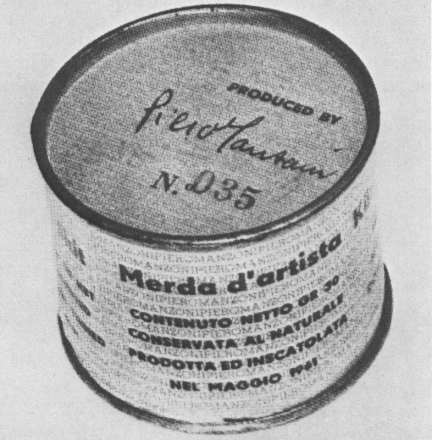“If the menstrual discharge coincides with an eclipse of the moon or sun, the evils resulting from it are irremediable… the congress with a woman [is] noxious [and will have] fatal effects for the man.”
Pliny does suggest harnessing menstruation for practical ends, such as eradicating pests from food crops:
“If a woman strips herself naked while she is menstruating and walks round a field, the caterpillars, worms, beetles and other vermin will fall from off the ears of corn… This discovery was first made in Cappadocia [where] it is the practice for women to walk through the middle of the fields with their garments tucked above the thighs.”
Source: Pliny the Elder, Natural History, c.79AD. Content on this page is © Alpha History 2019-23. Content may not be republished without our express permission. For more information please refer to our Terms of Use or contact Alpha History.

